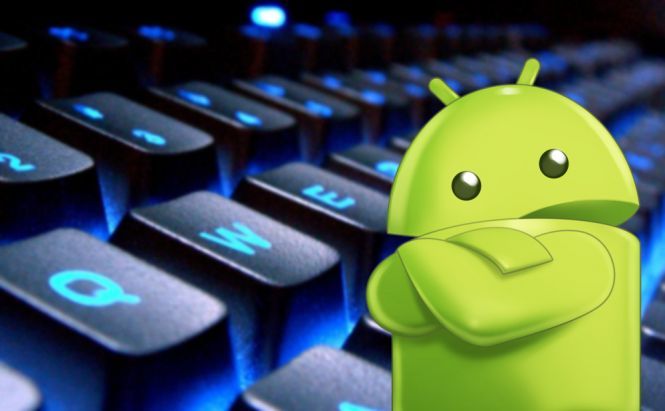 Android Keyboards That Understand Gestures
Android Keyboards That Understand Gestures
Take a second and have a look at your phone. What type is it? If you happen to be one of Android owners, you might be well aware of what a default, often the Google one, keyboard looks like.
Google Keyboard has several tricks in its sleeve. If you are a KitKat smartphone owner you can benefit from a set of emoticons, which works only under this mobile OS version. If this is not your case though, you can still benefit from Gesture Typing which has dynamic floating preview and is space aware. The last feature allows you to move your finger over the space bar with no need of lifting it. For those who cannot use typing, but need to send an SMS, Voice Typing is available. The recognition is quite precise and can save you a little time. Google Keyboard also has some other tricks to surprise you with. If you do not have it preinstalled it is downloadable from the Google Play Store.
SwiftKey, a descent alternative to the Google product, now has one edition for both tablets and smartphones. It is highly customizable in settings and has three presets: compact, full, and thumb. In compact mode, the keyboard is optimized for one hand or gesture typing. Full version is similar to classic physical keyboards, and allows two-handed typing. Thumb settings split the keyboard in two parts to be used in landscape mode for typing with both thumbs. It also has a free version to enjoy.
There is a keyboard that can challenge the Google product described above. TouchPal comes preinstalled on some smartphones. It provides a lot of features to enjoy. It supports several gestures input possibilities. Touch Curve allows to swipe letters for words, Touchpal Wave does a similar thing for sentences increasing your typing speeds. Flipping actions provide access to emoticons and smileys from the space bar, to number and symbols from letters, depending on the flip direction. The keyboard supports voice input which is accessible through long press on the space bar. You can customize the used features, the size, and themes.
Swype was the first to bring gesture recognition to mobile keyboards. It has features that make it stand out from the rest applications. For example, you can enter words from two languages at once, set long-press delay, vibration duration, and size properties for the keyboard, enable support for Talkback and Explore by Touch, teach it your vocabulary so that it could predict the words you are going to use, and a lot more. You can actually play with it any way you like.
Any of the mentioned keyboards will enrich your typing experience with new tricks and convenient features.








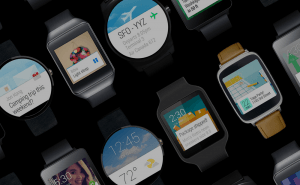

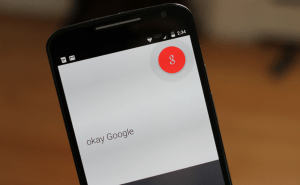
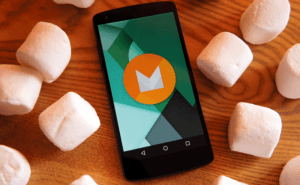





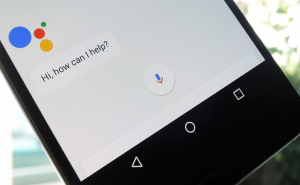


Comments